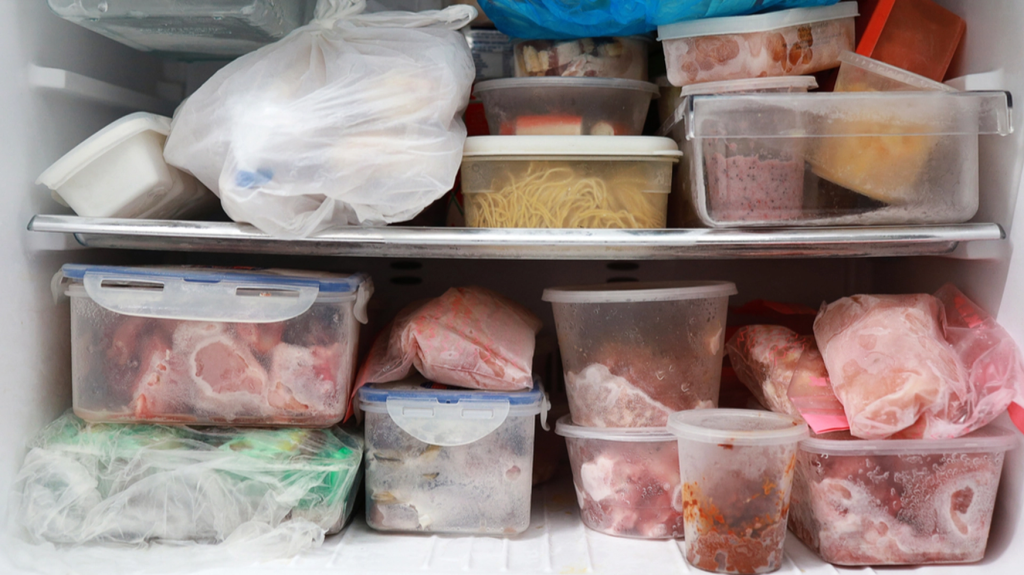5 Foods You Should Never Put in the Freezer.
Others are reading now
The freezer is an indispensable element in most homes, but certain flawed storage methods can cause damage that may end up being costly. According to experts, there are specific foods that should be avoided in the freezer, as they can cause damage and result in expensive repairs, as reported by Nyheder24.dk.
An expert from RGB Direct, one of the UK’s largest electronics retailers, has shared their expertise on things you should never place in the freezer to extend its lifespan. These range from canned foods to eggs from the carton and even certain fruits and vegetables.
The first warning is about canned foods. Experts urge people to “never freeze canned foods in their original cans” as the contents freeze and expand, which can cause the cans to burst. If you wish to freeze canned foods, experts recommend “transferring them to a freezer box.”
Also read
Eggs with shells should also not be frozen, as the liquid inside can expand and crack the shell. “If you want to freeze eggs, it’s better to crack them, whisk them, and store the egg mixture in an airtight container,” advised the experts.
Foods like lettuce, cucumbers, and watermelon can “become mushy and lose their texture” if frozen due to their high water content. Although they can still be used in cooking after freezing, “they will not retain their original crispness.”
Dairy products like milk and yogurt can change texture and separate when frozen. However, the experts added that “hard cheeses like cheddar and parmesan can be frozen.”
Lastly, experts advise to “be careful with placing foods in glass containers in the freezer” as they can break. If you need to freeze food in glass, they recommended using “freezer-safe glass containers.”
Additionally, they offer a good rule of thumb: to keep the freezer at the “recommended temperature,” which is usually around -18 °C.


